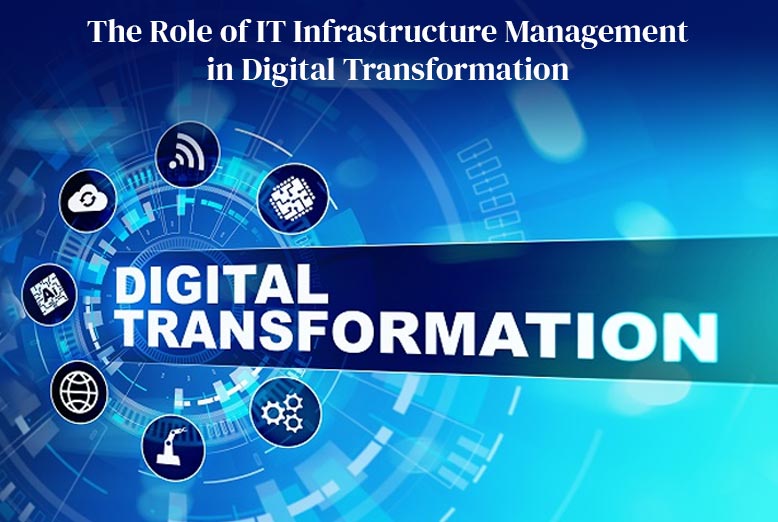Company will migrate its SAP workloads onto Google Cloud Platform
Wipro Limited is embracing digital transformation at speed and scale. Recently, Wipro has selected Google Cloud as the cloud provider for its enterprise-wide SAP footprint. The engagement will bring SAP applications and workloads to the cloud to support Wipro’s 180,000-plus employees. This latest collaboration solidifies the strategic relationship between the companies as they roll out two major initiatives across Wipro’s global organization.
Transforming to an Intelligent Enterprise with SAP S/4HANA and Google Cloud
Wipro aims to modernize and transform its core ERP system to SAP’s flagship S/4HANA and migrate the SAP workloads onto Google Cloud Platform (GCP). The company will also leverage the advanced intelligent ERP from SAP, along with the flexibility and scalability of GCP, for hosting SAP Workloads.
“By modernizing their core systems and technologies with Google Cloud, Wipro has a powerful and scalable foundation to accelerate their strategic enterprise priorities and build for the future,” said Thomas Kurian, CEO, Google Cloud.
Transforming the employee experience with G Suite
Wipro will also roll out G Suite for some of its employees as a workplace productivity platform. Factors that led the company to integrate the intuitive, cloud-native solution included G Suite’s strong interoperability and security controls, and features that enable real-time collaboration even in remote-work environments.
Extending a long-term relationship
Wipro and Google Cloud have a strong track record of success working together to help enterprises achieve greater operational efficiency, innovation, and risk mitigation along their cloud journeys. Wipro’s industry-focused solutions, with Google Cloud technologies embedded at their core, enable enterprises to future-proof their IT investments.
Wipro’s dedicated Google Cloud practice also powers business and technology transformation for joint enterprise customers. This includes differentiated services like application modernization, data analytics, artificial intelligence, SAP workload migration, and industrialized cloud migrations at scale.




















